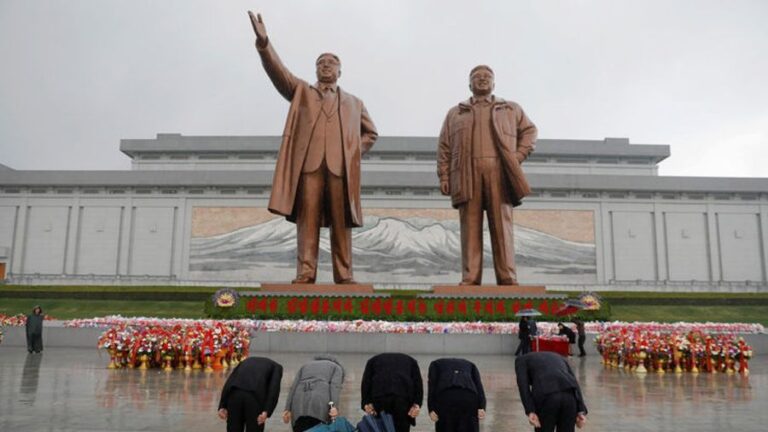US-Iran Sanctions are a Tit-For-Tat Measure That is Part of a Wider Geo-Strategic Reality
The United States has just levelled new sanctions on Iran. The stated justification for the sanctions is Iran’s procurement of “military hardware, such as fast attack boats and unmanned aerial vehicles”.
But while the US admits that Iran has not breached any part of the Nuclear Deal of 2015, it becomes apparent that the move was partly motivated as a retaliatory measure for Iran listing the United States as a state sponsor of terrorism.
Earlier today, the Islamic Consultative Assembly (Iran’s parliament) passed a measure condemning the US military and US intelligence agencies as supporters of terrorism in the Middle East.
The bill read,
“In view of the overt support provided to terrorist groups by the US government and the country’s military and intelligence forces and repeated confessions by American officials to having created terrorist groups and offered them all-out support, from the standpoint of the Islamic Republic of Iran, the entirety of the United States’ military and intelligence forces are considered as supporters of terrorist groups in the region”.
Iran passed its own sanctions on the following individuals and entities tied to the United States,
“1. US military and intelligence organisations and senior US commanders and officials supporting terrorist groups;
2. American persons playing an effective part in the activities of the above-mentioned US military and intelligence forces;
3. American persons with an effective role in organizing, financing or conducting acts of terror against the interests of the Iranian government or nationals;
4. American persons directly or indirectly supporting the terrorist anti-Iran Mujahedin-e Khalq Organization (MKO) or other extremist and terrorist groups including Daesh and al-Nusra Front, aka Jabhat Fateh al-Sham;
5. American persons supporting the Israeli regime’s state terrorism against the Palestinian and Lebanese people”.
In this sense, the sanctions by the US were a tit-for-tat move in a wider game for regional influence that Washington is playing with Tehran. The only problem with this strategy is that while Iran is indeed part of the Middle East, the United States is not. That being said, the duel epicentres for this struggle for influence are currently playing out in both Iraq and the Persian Gulf.
Iraq is largely militarily dependant on the United States and can do little to change this even though many Iraqi’s deeply resent the prolonged American presence in their country. At the same time, the bulk of the on-the-ground fighting in Iraq has been done by Iraqi Shi’a militias who are loyal to Iran in varying ways. Likewise, many if not most of the leaders in Baghdad are partly or even fully sympathetic to Iran, its regional efforts against ISIS and al-Qaeda as well as its revolutionary ideology (all to varying degrees).
Likewise, the dispute between Qatar versus Saudi Arabia and the UAE could well develop into contest for influence in the Arab states of the Persian Gulf where in recent decades Iran had virtually none.
Adding to the mix, if Israel gets its way, the United States will help Tel Aviv to purge Syria of Iranian forces and their Hezbollah allies, a process that would likely be met with a great deal of opposition, including from the Syrian government.
It’s a dangerous game, but the ball is very much rolling. Today’s sanctions trade off are symbolic of this wider development.
By Adam Garrie
Source: The Duran






